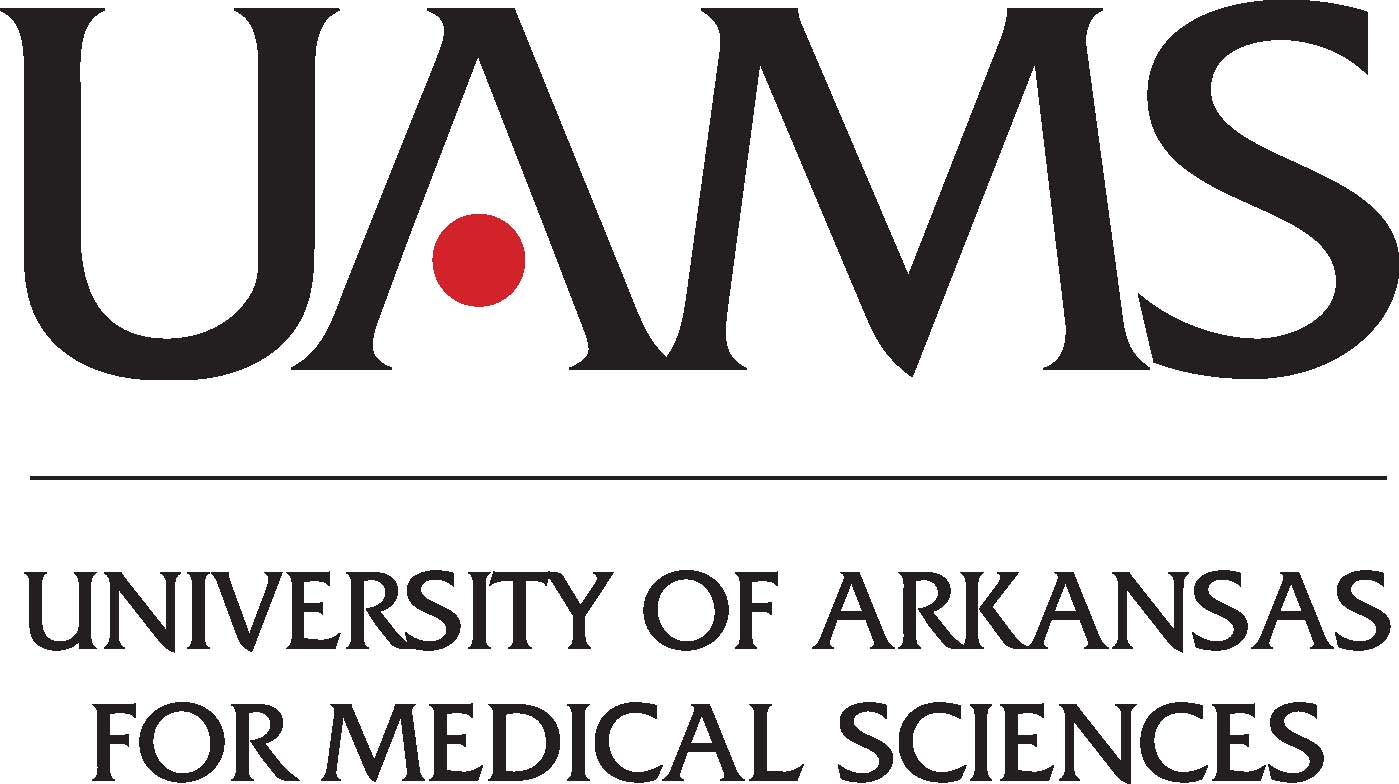Chronic Kidney Disease (CKD) Platelet Study
| Status: | Recruiting |
|---|---|
| Conditions: | Renal Impairment / Chronic Kidney Disease, Cardiology |
| Therapuetic Areas: | Cardiology / Vascular Diseases, Nephrology / Urology |
| Healthy: | No |
| Age Range: | 18 - 91 |
| Updated: | 11/11/2018 |
| Start Date: | November 1, 2018 |
| End Date: | June 30, 2021 |
| Contact: | Jain Nishank, MD |
| Email: | NJain2@uams.edu |
| Phone: | 501-686-5295 |
A Mechanistic Study in Patients With Non-Dialysis Chronic Kidney Disease to Investigate Altered Platelet Response to Antiplatelet Therapy (CKD-Platelet Study)
This study evaluates how aspirin, clopidogrel and ticagrelor work in people with chronic
kidney disease (CKD) compared to people with normal kidneys. In the first part of the study,
half of CKD participants will be randomly assigned to ticagrelor and aspirin, while the other
half will be assigned to clopidogrel and aspirin in a blinded fashion. The treatment duration
will be two weeks. After recruiting CKD participants the investigator will recruit controls
with normal kidney function that will receive only ticagrelor and aspirin for two weeks.
kidney disease (CKD) compared to people with normal kidneys. In the first part of the study,
half of CKD participants will be randomly assigned to ticagrelor and aspirin, while the other
half will be assigned to clopidogrel and aspirin in a blinded fashion. The treatment duration
will be two weeks. After recruiting CKD participants the investigator will recruit controls
with normal kidney function that will receive only ticagrelor and aspirin for two weeks.
It is known that people with chronic kidney disease (CKD) are at higher risk to have heart
and blood vessel problems like heart attack and stroke compared to people that do not have
kidney problems. Aspirin, clopidogrel and ticagrelor prevent blood clots building up in the
vessels. If a blood clot is present in one vessel, it could stop oxygen carrying blood to get
to a specific organ, and that could cause problems like heart attack or stroke. There is very
little knowledge about the way this group of medicines works in people with chronic kidney
disease as well as it works in individuals with normal kidney function.
and blood vessel problems like heart attack and stroke compared to people that do not have
kidney problems. Aspirin, clopidogrel and ticagrelor prevent blood clots building up in the
vessels. If a blood clot is present in one vessel, it could stop oxygen carrying blood to get
to a specific organ, and that could cause problems like heart attack or stroke. There is very
little knowledge about the way this group of medicines works in people with chronic kidney
disease as well as it works in individuals with normal kidney function.
Inclusion Criteria:
1. Males and females, aged 18-91 years
2. Ability to understand and sign informed consent after the nature of the study has been
fully explained
3. CKD participants: Non-dialysis CKD patients: Presence of CKD with an estimated GFR of
<30 mL/min/1.73 m2 for a period of ≥3 months, as defined by the National Kidney
Foundation (NKF) and determined with the CKD-EPI creatinine-based formula
4. Controls with normal kidney function: participants with an estimated GFR >90
mL/min/1.73 m2 as determined by the CKD-EPI creatinine-based formula and a urine
albumin-to-creatinine ratio <30 mg/g as defined by the National Kidney Foundation
Exclusion Criteria:
- No healthcare power of attorney to sign informed consent
- Unwillingness or inability to participate in the protocol or comply with any of its
components.
- Subjects unable or unwilling to stop taking:
- Aspirin and other antithrombotic agents, like cilostazol, ranolazine, aggrenox,
prasugrel, warfarin, xarelto, pradaxa, eliquis.
- Glycoprotein IIb/IIIa antagonist (abciximab-ReoPro, eptifibatide-Integrilin,
tirofiban-Aggrastal)
- NSAIDs and PPIs
- Fish oil, Vitamin E and herbal supplements
- Acute kidney injury superimposed on CKD
- Kidney transplant or any other solid organ transplant recipient
- End-stage kidney disease on maintenance dialysis (peritoneal or hemodialysis)
- Nephrotic syndrome defined as nephrotic range proteinuria, hypoalbuminemia,
hyperlipidemia and generalized edema
- Recent hospitalization or surgery <3 months
- Acute coronary or cerebrovascular event in the last 12 months
- Blood dyscrasias, active bleeding, or bleeding diathesis
- Gastrointestinal bleeding in the last 6 months
- Recent treatment (<30 days) with a glycoprotein IIb/IIIa antagonist (Integrelin).
- Hematocrit <25%, white blood cell count >20,000/μL, or platelet count <50,000/μL
- Any active malignancy or liver disease.
- Pregnancy
- Positive urine pregnancy test in a woman of childbearing potential prior to study
entry. A female of childbearing potential is any woman (regardless of sexual
orientation, having undergone a tubal ligation, or remaining celibate by choice) who
meets the following criteria:
- Has not undergone a hysterectomy or bilateral oophorectomy; or
- Has not been naturally postmenopausal for at least 12 consecutive months (i.e.,
has had menses at any time in the preceding 12 consecutive months).
- Patients must not be nursing due to the potential for congenital abnormalities and the
potential of this regimen to harm nursing infants.
We found this trial at
2
sites
529 West Markham Street
Little Rock, Arkansas 72205
Little Rock, Arkansas 72205
(501) 686-7000

Phone: 501-686-5295
University of Arkansas for Medical Sciences The University of Arkansas for Medical Sciences (UAMS) in...
Click here to add this to my saved trials
Click here to add this to my saved trials